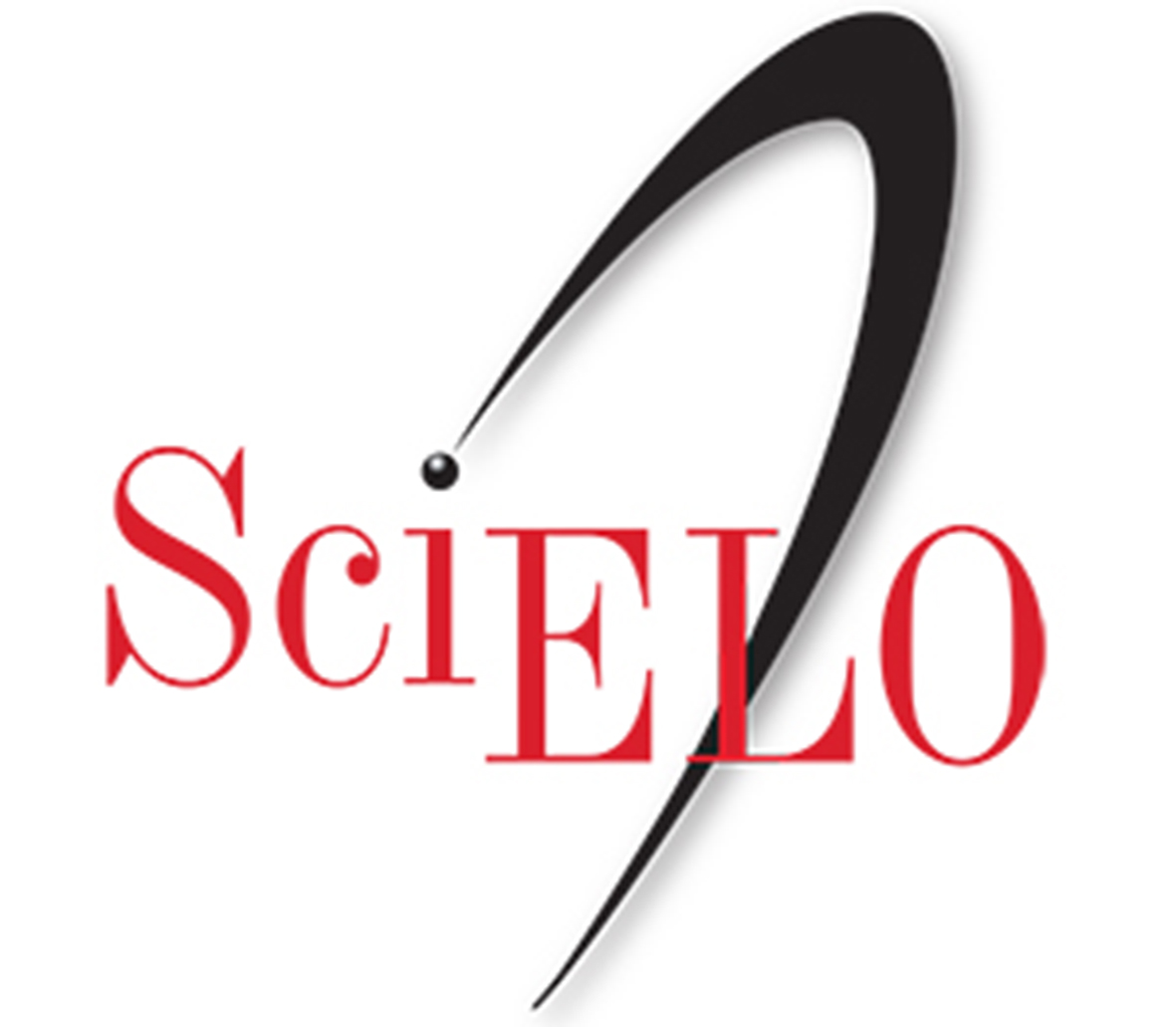RELAÇÃO ENERGÉTICA RUSSIA - UNIÃO EUROPEIA (the energy relations between EU and Russia)
Abstract
Inúmeros analistas realizam interpretação geopolítca das relações energéticas entre a Rússia e a União Europeia. Asabordagens, baseadas em visão realistica das relações internacionais, apresentam GAZPROM como instrumento de poder nas mãos do Kremlin e fonte de perigo para a independência da União Europeia. Neste artigo, mostramos como a idéia marcantemente geopolítica de embate frontal entre a UE e a Rússia representa explicação parcial do comportamento dosatores envolvidos nessa relação. Em expansão internacional, GAZPROM responde, também, a uma lógica industrial e econômica fundada na procura e garantia de oportunidades de negócios rentáveis. Além disso, mesmo dispondo de papel bem defi nido nas relações internacionais, a União Europeia (UE) ainda não existe como ator energético. Ela é permeada por numerosas divisões internas que tornam seu discurso pouco lisível para os parceiros externos.Palavras-chave: Geoplítica, energia, dependência, gás natutal, GAZPROM, integração, União Européia, Russia.
ABSTRACT
The geopolitical interpretation is very central in the bulk of the scientifi c literature related to the energy relations between EU and Russia. In this approach, mainly based on a realist vision of the international relations, Gazprom is most of the time presented as an instrument of power in the hands of Kremlin and eventually as a mean to jeopardize a more and more energetically dependant Europe (principally the European Union). In this paper, we show that the geopolitical approach is correct. However, we assume that it is not suffi cient at all when it comes to the behaviour of various actors of the energetic domain. The purchase of assets by Gazprom in foreign countries is not pure politics. It is also an economic necessity and a way to make profi ts and to make its exports more secure. Besides, although it isnow recognized as an actor in international relations, EU does not exist as a coherent ands visible actor in the energy domain. It is deeply divided in several groups of actors whose traditions, policies and behaviours are diverging.
Key words: Geopolitics, energy, dependency, natural gas, Gazprom, integration, European Union, Russia.
RÉSUMÉBeaucoup d’analystes font une interprétation géopolitique des relations énergétiques entre la Russie et l’union européenne.Ces approches, fondées sur une vision réaliste des relations internationales, présentent volontiers Gazprom comme un instrument de pouvoir aux mains du Kremlin et comme une source de danger pour l’indépendance de l’Union européenne. Dans cet article, on montre que l’idée très géopolitique d’un rapport frontal entre l’UE et la Russie ne rend que partiellement compte du comportement des acteurs impliqués dans cette relation. Dans son déploiement international, Gazprom répond aussi à des logiques industrielles et économiques, fondées sur la recherche de rentabilité et la sécurisation de ses débouchés. Par ailleurs, bien que son statut d’acteur des relations international soit désormais établi, l’Union européenne n’existe pas encore en tant qu’acteur énergétique. Elle est traversée par de nombreuses divisions internes qui rendent son discours peu lisible pour les partenaires extérieurs.
Mots clés: Géopolitique, énergie, dépendance, gaz naturel, Gazprom, intégration, Union européenne, Russie.
DOI:10.4215/RM2011.1021.0001
Published
26/01/2011
How to Cite
BROS, Aurélie; RICHARD, Yann.
RELAÇÃO ENERGÉTICA RUSSIA - UNIÃO EUROPEIA (the energy relations between EU and Russia).
Mercator, Fortaleza, v. 10, n. 21, p. 7 a 31, jan. 2011.
ISSN 1984-2201.
Available at: <http://www.mercator.ufc.br/mercator/article/view/548>. Date accessed: 25 feb. 2026.
Section
ARTICLES
Keywords
Geoplítica, energia, dependência, gás natutal, GAZPROM, integração, União Européia, Russia.
Authors who publish in this journal agree to the following terms:
- Authors retain the copyright and grant MERCATOR the right of first publication, with the work simultaneously licensed under the Creative Commons Attribution License, which allows the sharing of the work with recognition of the authorship of the work and initial publication in this journal.
- Authors are authorized to sign additional contracts separately, for non-exclusive distribution of the version of the work published in this journal (e.g., publish in an institutional repository or as a book chapter), with acknowledgment of authorship and initial publication in this journal.
- Authors are allowed and encouraged to publish and distribute their work online (e.g., in institutional repositories or on their personal page) at any point before or during the editorial process, as this can generate productive changes as well as increase the impact and citation of the published work (see The Effect of Free Access).
- Authors are responsible for the content of the manuscript published in the journal.






